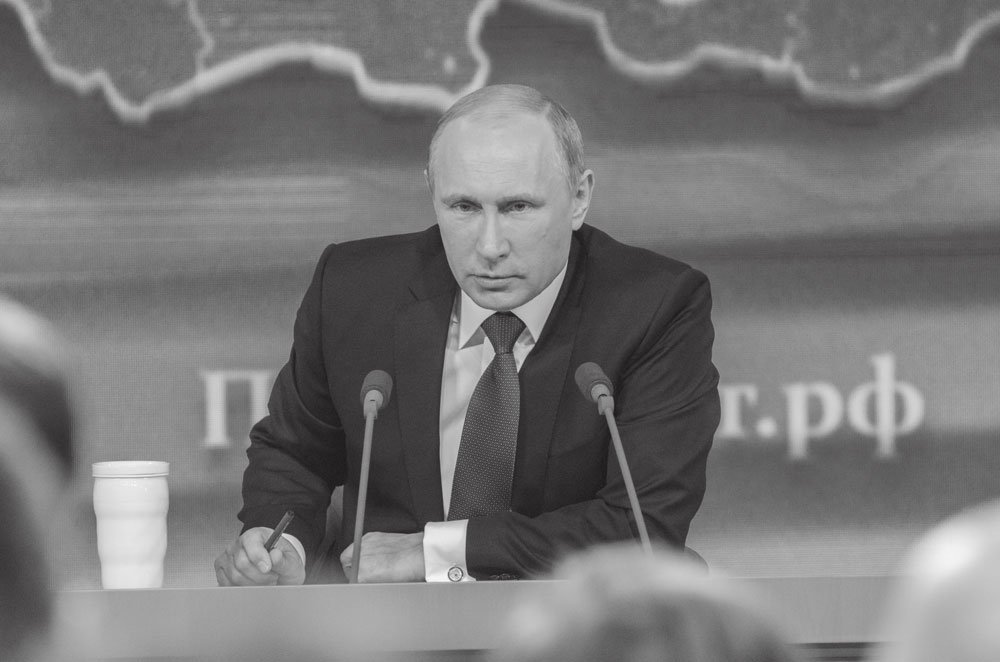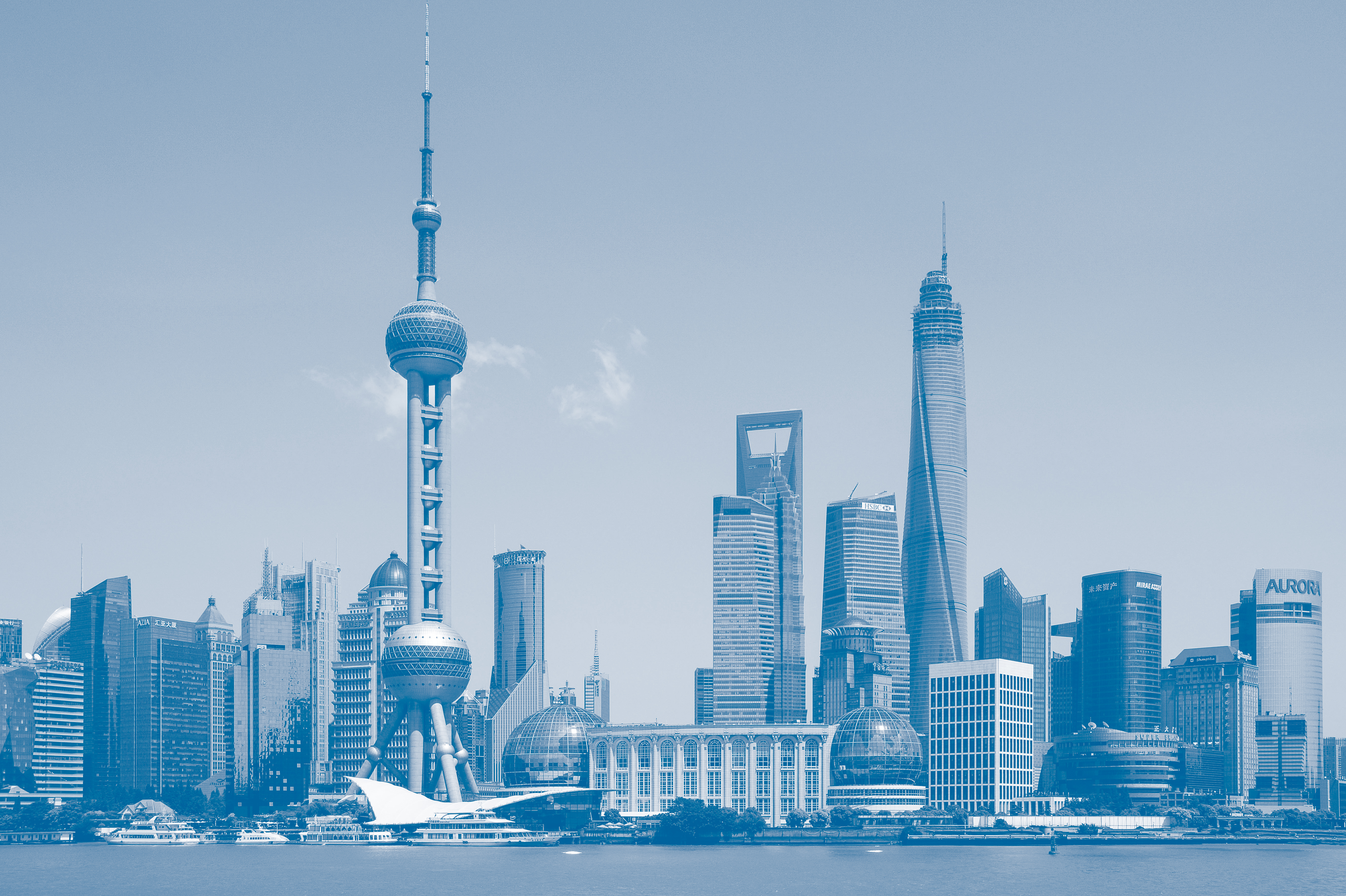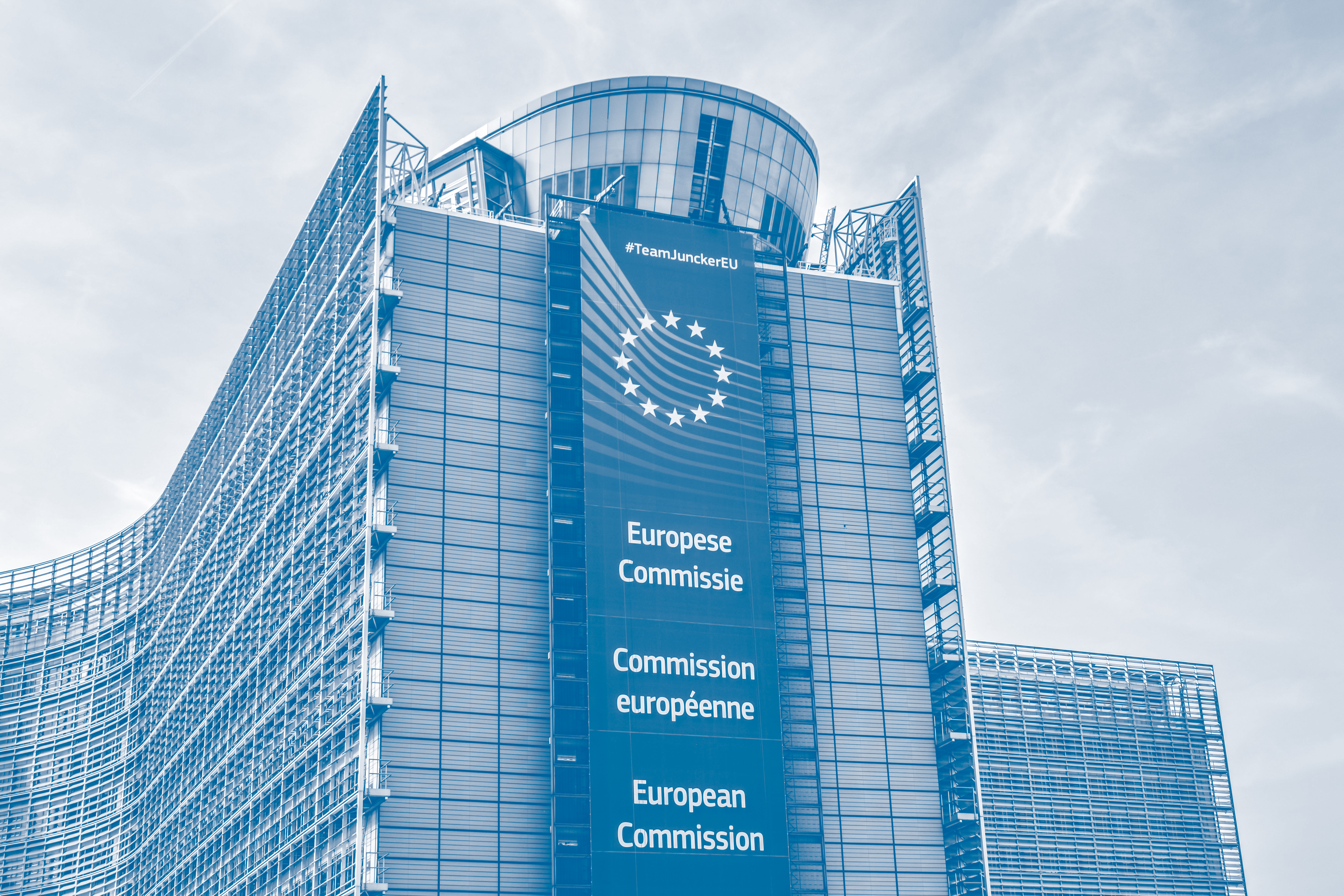By Kristof Bender | Vienna
GlobalFocus Admin

By Ana Maria Luca | Bucharest
In mid-February thousands of opposition supporters clashed with police in an anti-government rally against Albanian Prime Minister Edi Rama’s cabinet, demanding its resignation and early elections. Although Albania is set to start its accession negotiations with the European Union, Rama’s rule has backtracked in terms of democracy and the fight against corruption and organised crime.

By Jasmin Mujanović | North Carolina
“How does Slobodan Milošević’s will begin?” asks a Serbian joke from the 1990s. “In the unlikely event of my death…”
As the anti-regime protests in Serbia enter their third month, that sardonic quip captures much of the mood on the streets of Belgrade, Novi Sad, Kragujevac and dozens of other towns across the country. For weeks, thousands have been airing their grievances against the increasingly autocratic government of Aleksandar Vučić and his Serbian Progressive Party (SNS), often by drawing direct parallels between the current president and the former strongman, under whose tenure the former served as Minister of Information.

Interview Dimitar Bechev (North Carolina)
Interview with Dimitar Bechev, research fellow at the Center for Slavic, Eurasian, and East European Studies at the University of North Carolina at Chapel Hill and non- resident Senior Fellow at the Atlantic Council. In 2017, he published “Rival Power. Russia’s Influence in South- East Europe” at Yale University Press.

By Iulia-Sabina Joja | Berlin
Russia’s foreign policy is President Vladimir Putin’s foreign policy. It’s a one- man show. This is partially due to the super-presidential system of the country. However, it is also a one-man show because Vladimir Putin himself, now in his fourth term, has a firm grip on his country and a strong vision for foreign policy. Hence, when endeavouring to scrutinise Russian foreign policy, we have to analyse Putin’s discourse and actions.

By Martin Ehl | Prague
There was a pre-Christmas news storm in the Czech Republic last year. The Czech cyber- defence agency (NUKIB) published a warning to the state administration that hardware provided by the Chinese companies Huawei and ZTE could pose a potential danger to national security. Immediately thereafter a clash broke out among Czech politicians, between those who share a similar opinion about China and those who support a closer relationship with the Chinese regime.

